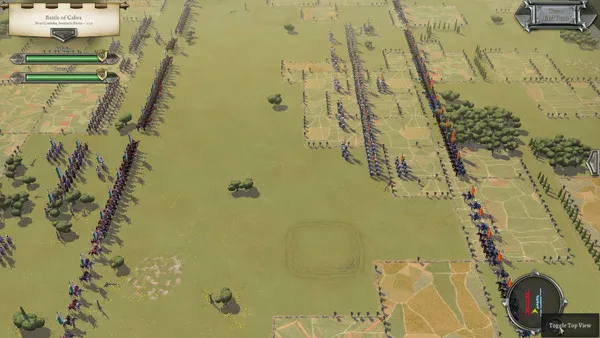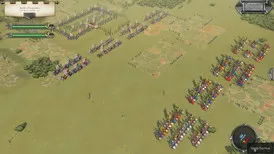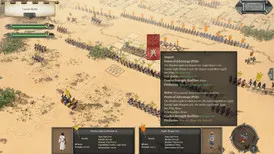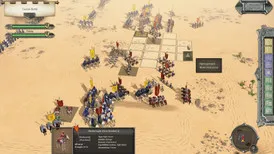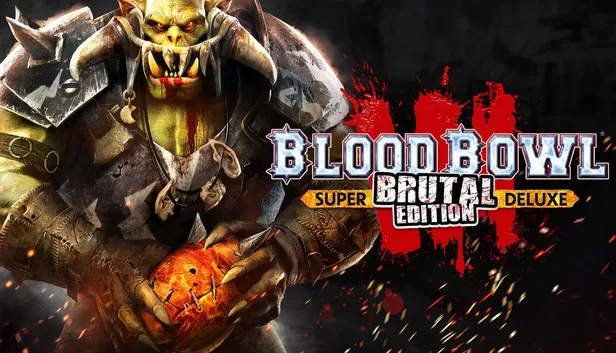

Field of Glory II: Medieval - Reconquista Steam In stock Digital download
About the game
Feudalism did not have such a dominant impact in Spain and Italy as it had in North West Europe. Both these lands had unique factors which affected the conduct of warfare. In 1050, more than half of the Iberian peninsula was under the rule of Islamic states, an area known as Andalusia. After the demise of the Umayyad Caliphate in 1031, Andalusia was divided into several small Muslim states, known as the Taifa emirates. The Taifas often fought amongst
...User Tags:*
DLC STRATEGY SIMULATION
Installation:
How to activate your game
Developer:
Byzantine Games
Publisher:
Slitherine Ltd.
Release date:
20 May 2021
Genre:
Single-playe
Visuals
Description
Feudalism did not have as strong of an effect in Spain and Italy than it did on North West Europe due to their unique circumstances that dictated warfare practices in both these lands.
At that time, almost half the Iberian peninsula lay under Islamic states known as Andalusia. Following the collapse of Umayyad Caliphate in 1031, Andalusia became fragmented into small Muslim states known as Taifa emirates that often clashed against one another; eventually this failed them as they faced competition from Castile kingdom created after 1037 with merger of kingdom of Leon with Castile kingdom.
Christian Reconquista would not be complete until 1492; to stem its spread, Taifa Emir of Seville invited Murabit Berbers from North Africa into Spain in 1086 to counter its effects; unfortunately this plan backfired quickly when, following their victory at Sagrajas Battle against Castilians, Murabits quickly integrated most Taifa Emirates into their empire and swiftly subsumed many Taifa Emiratees into it.
Murabit was conquered in 1147 by Almohads, another Berber sect originating in Morocco. These events dealt an initial setback to Spanish Christian kingdoms but they managed to win back ground at Las Navas De Tolosa in 1212 when they defeated Almohads at Las Navas De Tolosa; eventually only Granada's Emirate would remain as vassal state under Castile rule; there would frequently be battles among states of similar religious belief with Muslims fighting alongside Christian warriors willingly serving princes from any sect!
Northern Italian cities had traditionally sought to preserve some degree of autonomy for themselves and fought vigorously against any attempts made by the Holy Roman Emperor to enforce his authority over them. Through trade they prospered immensely; by 1176 city militias had overtaken feudal knights as mainstays of Italian armies - eventually winning great victory against Frederick I Barbarossa at Legnano Battle! In 1176 northern Italian cities united into Lombard League which successfully attacked Frederick's forces at Legnano Battle!
Warfare between Guelfs and Ghibellines began with an initial dispute between the Papacy and Empire over who should appoint church officials (known as Investiture Controversy) while Ghibellines supported Holy Roman Emperor while Guelfs supported Pope. Although this disagreement was resolved in 1122, conflict continued for hundreds of years between both camps of people.
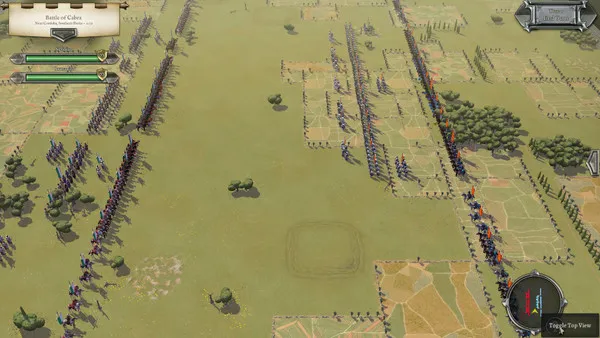
In Southern Italy, Norman mercenaries rose from humble origins to conquer most of southern Italy and establish the great kingdom of Sicily, after driving out the Arabs from it. When William II died without male heirs in 1130 and the Imperial German Hohenstaufen Dynasty took control, Charles of Anjou attacked and won against them at Benevento Battle - taking control of Sicily after seizing power at that battle from them! Charles claimed all power for himself after defeating them!
